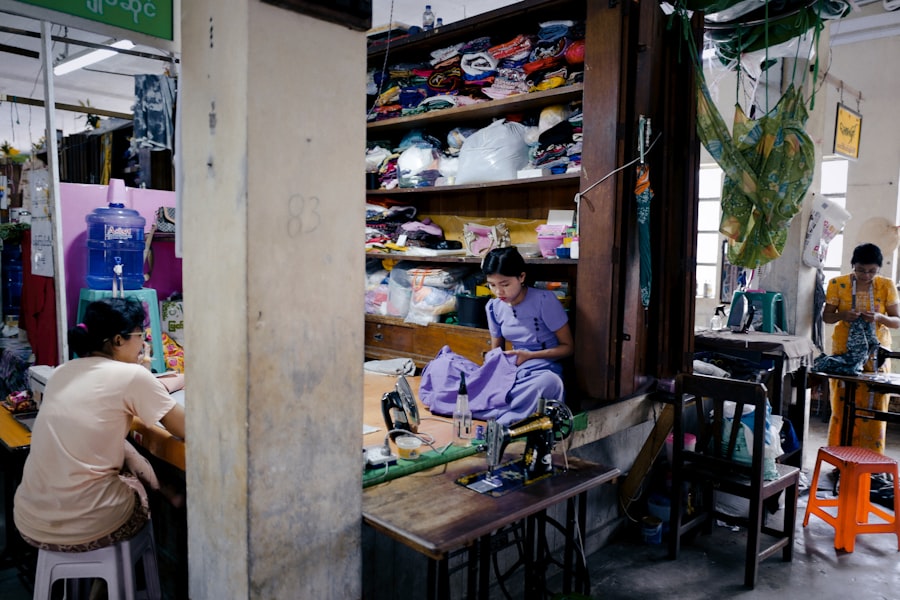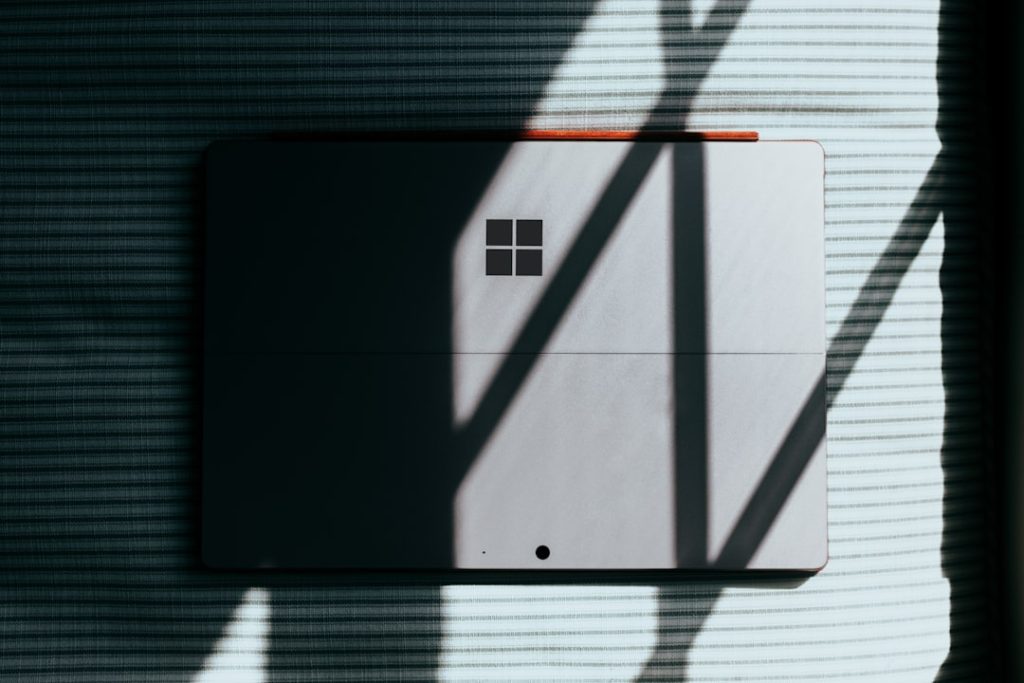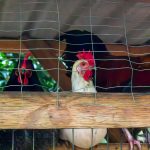Chickens are highly susceptible to heat stress, particularly in hot and humid climates. Elevated temperatures can have numerous adverse effects on chicken health and welfare. Heat stress can cause dehydration in chickens, leading to decreased egg production and reduced egg quality.
It can also result in diminished feed intake, negatively impacting chicken growth and development. In extreme cases, heat stress can be fatal for chickens. Understanding the effects of high temperatures on chickens is crucial for poultry owners to implement appropriate measures to mitigate heat stress.
High temperatures also influence chicken behavior. Heat-stressed chickens may exhibit signs of distress, including panting, wing spreading, and lethargy. Severe cases can lead to collapse or seizures.
It is essential for chicken owners to recognize these symptoms and take prompt action to cool their flock. By comprehending the impact of high temperatures on chickens, owners can develop and implement effective strategies to maintain flock health and safety during hot weather periods.
Table of Contents
- 1 Providing ample shade and ventilation in the chicken coop
- 2 Offering cool treats and frozen treats to chickens
- 3 Ensuring access to fresh, cool water at all times
- 4 Adjusting feeding schedules to avoid the hottest parts of the day
- 5 Using misters or fans to help lower the temperature in the chicken coop
- 6 Monitoring chickens for signs of heat stress and taking appropriate action
- 7 FAQs
Key Takeaways
- High temperatures can cause stress and health issues in chickens, impacting their egg production and overall well-being
- Providing shade and proper ventilation in the chicken coop is essential to help chickens regulate their body temperature
- Offering cool treats and frozen treats can help chickens cool down and stay hydrated during hot weather
- Access to fresh, cool water at all times is crucial for chickens to stay hydrated and maintain their body temperature
- Adjusting feeding schedules to avoid the hottest parts of the day can help reduce heat stress in chickens
- Using misters or fans in the chicken coop can help lower the temperature and make it more comfortable for the chickens
- Regularly monitoring chickens for signs of heat stress and taking appropriate action, such as providing cool water or moving them to a cooler area, is important for their well-being
Providing ample shade and ventilation in the chicken coop
Shade and Ventilation: The Key to a Cooler Coop
One of the most important steps in preventing heat stress in chickens is to provide ample shade and ventilation in the chicken coop. This can be achieved by ensuring that the coop is situated in a shaded area and by installing windows or vents to allow for air circulation. Adequate shade and ventilation can help to lower the temperature inside the coop and reduce the risk of heat stress in chickens.
Additional Cooling Methods
Additionally, providing a dust bath area in the shade can help chickens to cool down by allowing them to dust themselves with cool soil. In addition to natural shade and ventilation, chicken owners can also consider using reflective materials on the roof of the coop to reduce heat absorption. This can help to keep the coop cooler during hot weather.
Regular Maintenance is Crucial
It’s important for chicken owners to regularly inspect the coop for any signs of poor ventilation or excessive heat buildup, and take steps to address these issues promptly. By providing ample shade and ventilation in the chicken coop, owners can create a more comfortable environment for their flock and reduce the risk of heat stress.
Offering cool treats and frozen treats to chickens

Another effective way to help chickens beat the heat is by offering them cool treats and frozen treats. This can include a variety of options such as frozen fruits and vegetables, ice cubes, or even frozen yogurt. These treats not only provide a refreshing snack for chickens but also help to lower their body temperature.
Additionally, cool treats can help to increase hydration in chickens, which is crucial for preventing heat stress. Furthermore, offering cool treats and frozen treats can also provide enrichment for chickens, keeping them mentally stimulated during hot weather. Chicken owners can get creative with the types of treats they offer, such as freezing mealworms or other favorite snacks in ice cubes for a fun and cooling treat.
By offering cool treats and frozen treats to chickens, owners can help their flock stay cool, hydrated, and entertained during periods of high temperatures.
Ensuring access to fresh, cool water at all times
One of the most important factors in preventing heat stress in chickens is ensuring that they have access to fresh, cool water at all times. Chickens need water to regulate their body temperature and stay hydrated, especially during hot weather. It’s crucial for chicken owners to regularly check and refill water containers to ensure that their flock always has access to clean and cool water.
In addition to providing fresh water, chicken owners can also consider adding ice cubes or frozen water bottles to the water containers to help keep the water cool throughout the day. This can be particularly beneficial during periods of extreme heat when temperatures are consistently high. By ensuring access to fresh, cool water at all times, chicken owners can help their flock stay hydrated and reduce the risk of heat stress.
Adjusting feeding schedules to avoid the hottest parts of the day
During periods of high temperatures, it’s important for chicken owners to adjust their feeding schedules to avoid the hottest parts of the day. Feeding chickens during cooler times, such as early morning or late evening, can help to reduce the metabolic heat generated by digestion and minimize the impact of heat stress on chickens. Additionally, feeding during cooler times can encourage chickens to eat more, ensuring that they are getting the necessary nutrients despite reduced feed intake during hot weather.
Furthermore, adjusting feeding schedules can also help to reduce competition among chickens for food, as they are more likely to eat when they are not already overheated. This can help to prevent stress-related aggression and ensure that all chickens have access to food and nutrients during periods of high temperatures. By adjusting feeding schedules to avoid the hottest parts of the day, chicken owners can help their flock stay comfortable and healthy during hot weather.
Using misters or fans to help lower the temperature in the chicken coop

Beat the Heat with Misters and Fans
In addition to providing shade and ventilation, chicken owners can also consider using misters or fans to help lower the temperature in the chicken coop during hot weather. Misters can be installed around the outside of the coop or in the run area to create a fine mist that helps to cool the air. Fans can also be used inside the coop to improve air circulation and reduce heat buildup.
Creating a Comfortable Environment
These measures can help to create a more comfortable environment for chickens and reduce the risk of heat stress. Furthermore, misters and fans can also help to reduce the presence of flies and other pests that thrive in warm and humid conditions. By creating a cooler and drier environment, chicken owners can help to minimize the impact of these pests on their flock.
Maintenance is Key
It’s important for chicken owners to regularly maintain misters and fans to ensure that they are functioning properly and providing effective cooling for their flock. By using misters or fans to help lower the temperature in the chicken coop, owners can create a more comfortable and healthy environment for their chickens during periods of high temperatures.
Monitoring chickens for signs of heat stress and taking appropriate action
Finally, it’s crucial for chicken owners to monitor their flock for signs of heat stress and take appropriate action when necessary. This includes regularly observing chickens for signs of distress such as panting, wing spreading, or lethargy. If any chickens are exhibiting these signs, it’s important for owners to take immediate steps to help them cool down, such as providing access to shade, cool water, and cool treats.
Additionally, if heat stress is suspected in any chickens, it’s important for owners to take proactive measures such as moving them to a cooler area or providing additional cooling options in the coop. In severe cases of heat stress, it may be necessary for owners to seek veterinary care for their flock. By monitoring chickens for signs of heat stress and taking appropriate action, owners can help to prevent serious health issues and ensure the well-being of their flock during periods of high temperatures.
In conclusion, high temperatures can have a significant impact on chickens, leading to heat stress and a range of negative effects on their health and well-being. It’s crucial for chicken owners to understand these impacts so that they can implement strategies to keep their flock safe and healthy during hot weather. This includes providing ample shade and ventilation in the chicken coop, offering cool treats and frozen treats, ensuring access to fresh, cool water at all times, adjusting feeding schedules, using misters or fans, and monitoring chickens for signs of heat stress.
By taking these proactive measures, chicken owners can help their flock beat the heat and thrive even during periods of extreme temperatures.
If you’re looking for more tips on keeping your chickens comfortable in hot weather, check out this article on creating a cool and comfortable chicken coop. It offers practical advice on providing shade, ventilation, and hydration for your feathered friends during the summer months.
FAQs
What are the signs of heat stress in chickens?
Signs of heat stress in chickens include panting, holding their wings away from their bodies, decreased egg production, lethargy, and loss of appetite.
How can I keep my chickens cool in high temperatures?
You can keep your chickens cool in high temperatures by providing plenty of shade, ensuring good ventilation in the coop, offering cool water to drink, and using misters or fans to lower the temperature.
What should I do if my chickens are showing signs of heat stress?
If your chickens are showing signs of heat stress, move them to a cooler area with shade and good airflow, provide cool water for them to drink, and consider using fans or misters to lower the temperature.
What are some tips for preventing heat stress in chickens?
To prevent heat stress in chickens, provide plenty of shade in their coop and run, ensure good ventilation, offer cool water at all times, and avoid handling or disturbing them during the hottest parts of the day.
What temperature is too hot for chickens?
Chickens can start to experience heat stress when temperatures exceed 85°F (29°C). It’s important to take steps to keep them cool when temperatures rise above this threshold.
Meet Walter, the feathered-friend fanatic of Florida! Nestled in the sunshine state, Walter struts through life with his feathered companions, clucking his way to happiness. With a coop that’s fancier than a five-star hotel, he’s the Don Juan of the chicken world. When he’s not teaching his hens to do the cha-cha, you’ll find him in a heated debate with his prized rooster, Sir Clucks-a-Lot. Walter’s poultry passion is no yolk; he’s the sunny-side-up guy you never knew you needed in your flock of friends!







